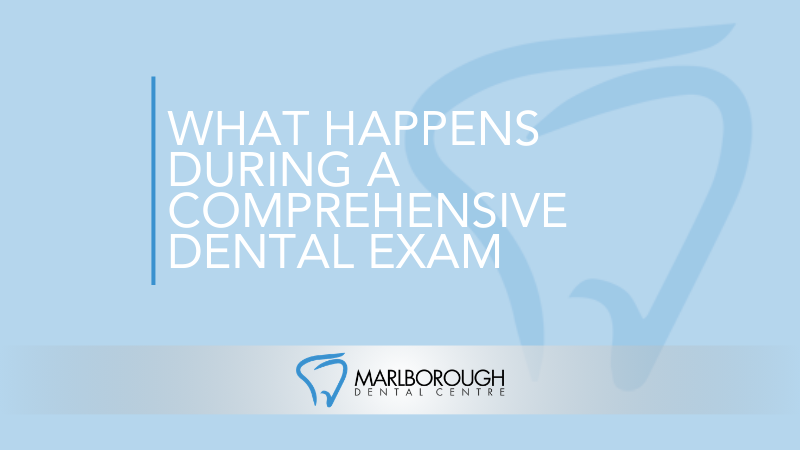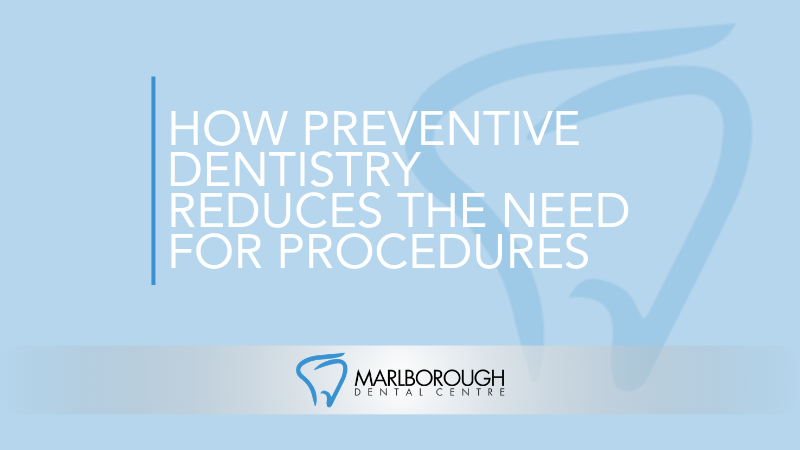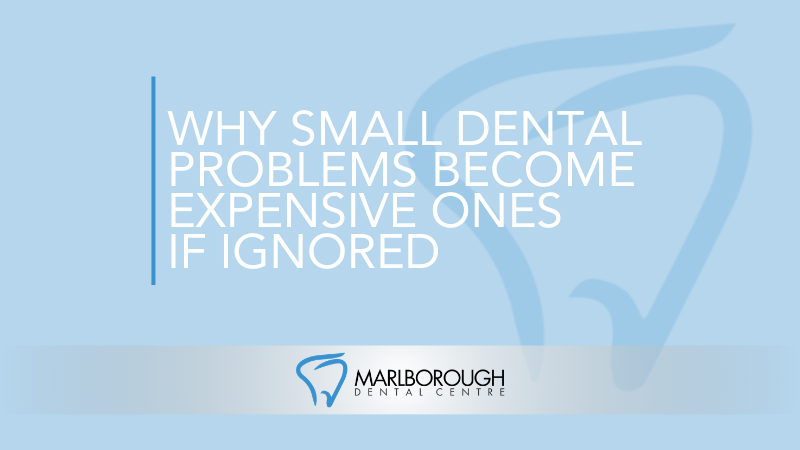We all tend to think our mouths are pretty healthy, but gum disease and other problems can progress without us noticing. If tooth decay and gum disease get out of control you may end up needing to have your teeth extracted and replaced with dentures or dental implants. In fact, according to the Canadian Dental Association 7 out of 10 Canadians will experience some form of gum disease in their lifetime. To help keep your pearly whites pearly white here are 6 signs you should look for.
- You haven’t been to the dentist in ages
Though many individuals actively avoid the dentist out of fear or budgetary concerns, or simply because twice a year seems excessive it is very important to see your dentist for a cleaning every 6 months. These twice-yearly visits are integral to keeping tooth decay and gum disease at bay. This is important because tooth decay and gum disease are the two most common reasons teeth fall out. By seeing the dentist regularly small problems can be corrected before they become big problems that can result in tooth loss. If problems are caught early then teeth are more likely to be salvageable instead of needing to be extracted and replaced with dentures or dental implants. - Your gums are red, tender, swollen or bleeding
These symptoms point to gum inflammation, from mild or early stage gingivitis to the more advanced and severe periodontal disease. Gum disease is quite common in North America, and cause roughly 70% of all adult tooth loss and will affect 7 out of 10 Canadians in their lifetime. If gum disease is caught and treated early you can avoid tooth loss. - Your teeth are loose or have shifted
When your teeth shift position or when the gaps between them increase it may be due to the bone loss associated with gum disease. Periodontal or gum disease is hard to observe directly, and can progress quickly without you knowing it. Loose teeth may indicate that bone loss is already beginning to occur and the only course of action left may be tooth extraction. - Your tooth aches
If gum disease progresses too far it will begin to attack the nerves in the centre of the tooth, causing pain. If caught early enough the tooth can be treated with a simple filling, but if it advances too far the solutions become more invasive and costly. Extensive decay may mean that some or all teeth will have to be removed and replaced with dentures or dental implants. - Chewing hard or chewy foods is difficult
Cracked teeth, missing teeth, cavities or gum disease can all affect your chewing ability. If the problem is caught and corrected early the tooth will not likely need to be removed. You may need a root canal or a crown, but the tooth will likely be salvageable unless decay has advanced too far. - Your stomach hurts
All parts of the human body work together. People who have trouble chewing food are more likely to swallow chunks of food that are too large for easy digestion. These large chunks are hard on your stomach, and can cause pain. Not being able to chew properly is a telltale sign of serious dental issues.
If you are experiencing any or all of these symptoms you should book an appointment with your dentist. For more information on oral hygiene, or to book an appointment, contact the Marlborough Dental Centre at 403.248.2066 and visit marlboroughdentalcentre.com



